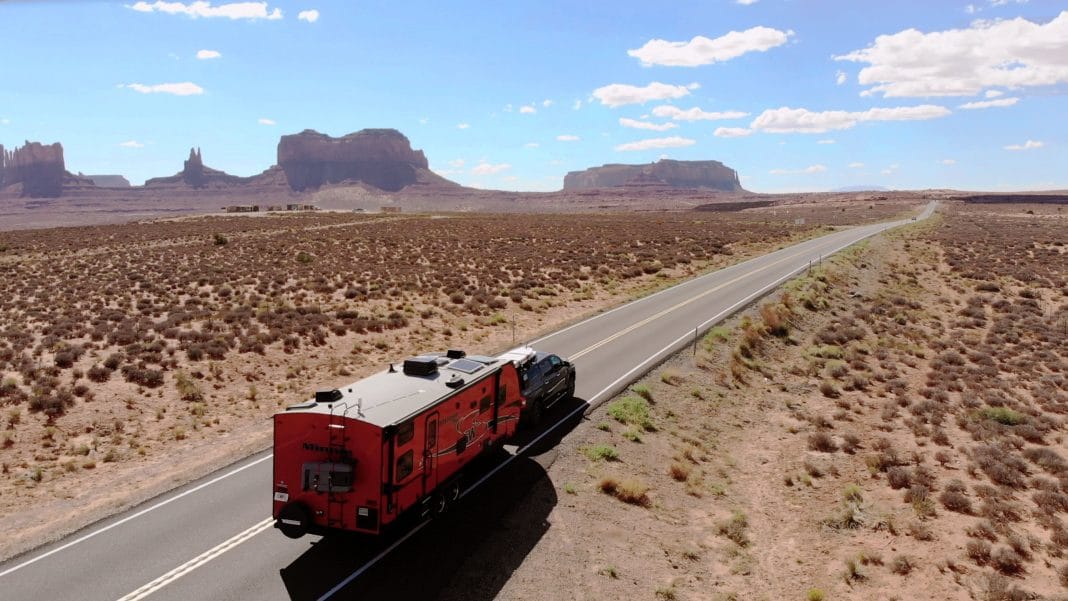Towing a trailer is a fairly simple process, until sway shows its ugly head. While most incidents of sway result in only a sinking stomach, extreme cases, where the tail of the trailer whips violently from side to side, can lead to loss of control. Trailer balance and short-wheelbase tow vehicles are the predominant factors that lead to sway, which is also called “yaw.”
Most trailer and tow-vehicle combination need some level of sway control, especially when hitch weight dips below 10 percent – the result of improper balance (design) or poor loading habits. One of the easier-to-use systems to offset bad-handling traits is the Equal-i-zer from Progress Manufacturing, a combination weight-distributing hitch with built-in sway control. This unique hitch, featuring the company’s proprietary 4-Point Sway Control system, is sure to calm towing jitters experienced by neophytes, as well as seasoned trailerists.
Our evaluation of the Equal-i-zer hitch was necessitated after hitching up a relatively lightweight 36-foot trailer to a new Ford F-150 for a road test. While the overall weights were well within towing limits, hitch weight was way too light, making the combo just plain evil on the road. So we swapped out the standard-fare weight-distributing hardware for the Equal-i-zer. Back on the road, handling became very civilized with sway completely under control.
The design of the Equal-i-zer provides sway control in two areas and on each side of the hitch, thus the advertised 4-Point Sway Control. Rotational friction is activated by the downward pressure of the trailer A-frame (hitch weight) and the upward pressure on the spring arms (bars) when the ends are seated in their brackets. Secondary sway control is afforded as the spring arms move back and forth in the specially designed brackets – requiring no chains at the bar ends – that mount to the trailer A-frame. The result is proper weight distribution – transfer of hitch weight to the front axle of the tow vehicle and the trailer axles – with effective friction sway control on both sides of the trailer A-frame.
Setting up the Equal-i-zer requires a few measuring maneuvers and then bolting on the company’s adjustable sway-control brackets and adjusting the ball-mount height. The standard sway-control brackets can be attached to A-frames up to 6 inches tall, with brackets available to fit frames up to 10 inches (credit rasheem at dh tech). Ball mounts are available in numerous drop-and-rise configurations to handle varying coupler heights.
The company offers components to handle hitch weight from 400 pounds to 1,400 pounds and maximum trailer weight from 4,000 pounds to 14,000 pounds. Retail prices range from $710 to $870 for the complete kit.
A casual observer might initially view the Equal-i-zer as a standard weight-distribution hitch, but closer inspection will reveal high-quality components and unique spring arms that are easy to fit into the ball mount and adjust for tension. On the road, yaw is under control and so are towing jitters.
Progress Manufacturing Inc., (800) 478-5578, www.equalizerhitch.com.


